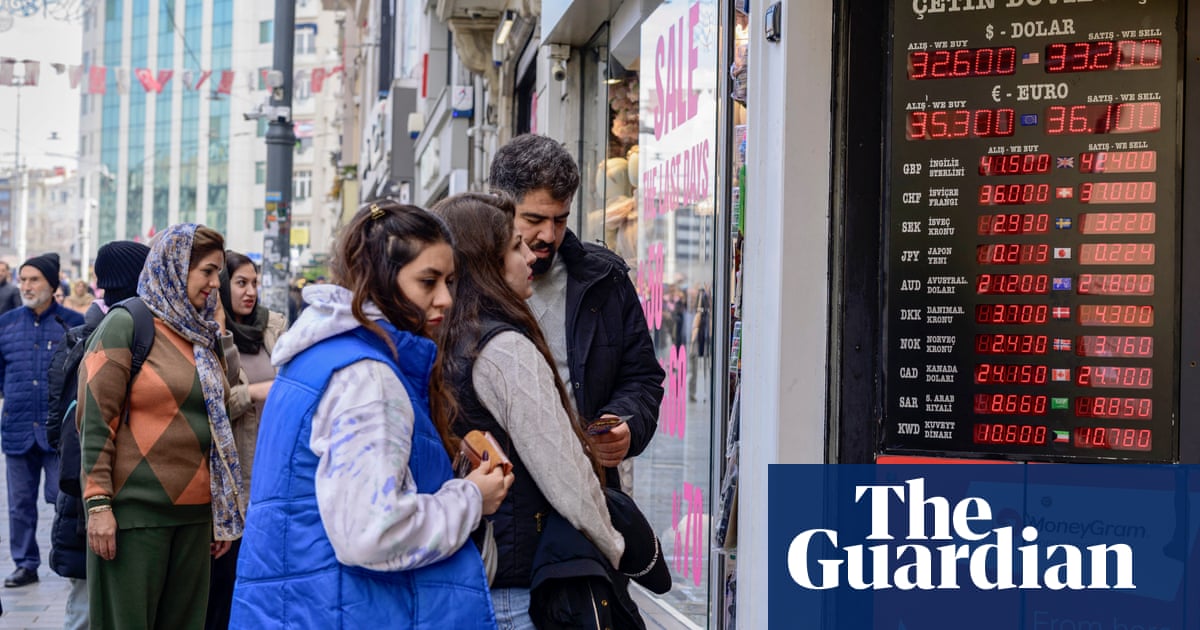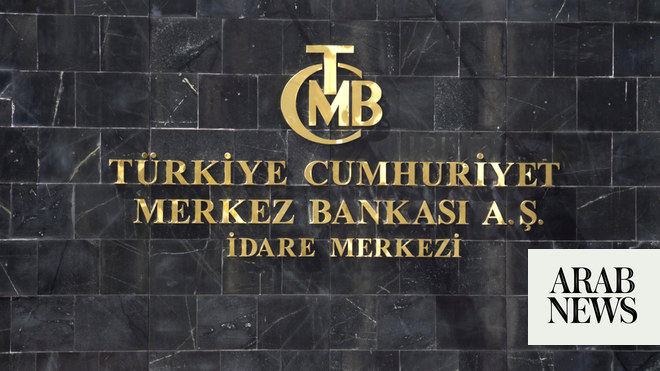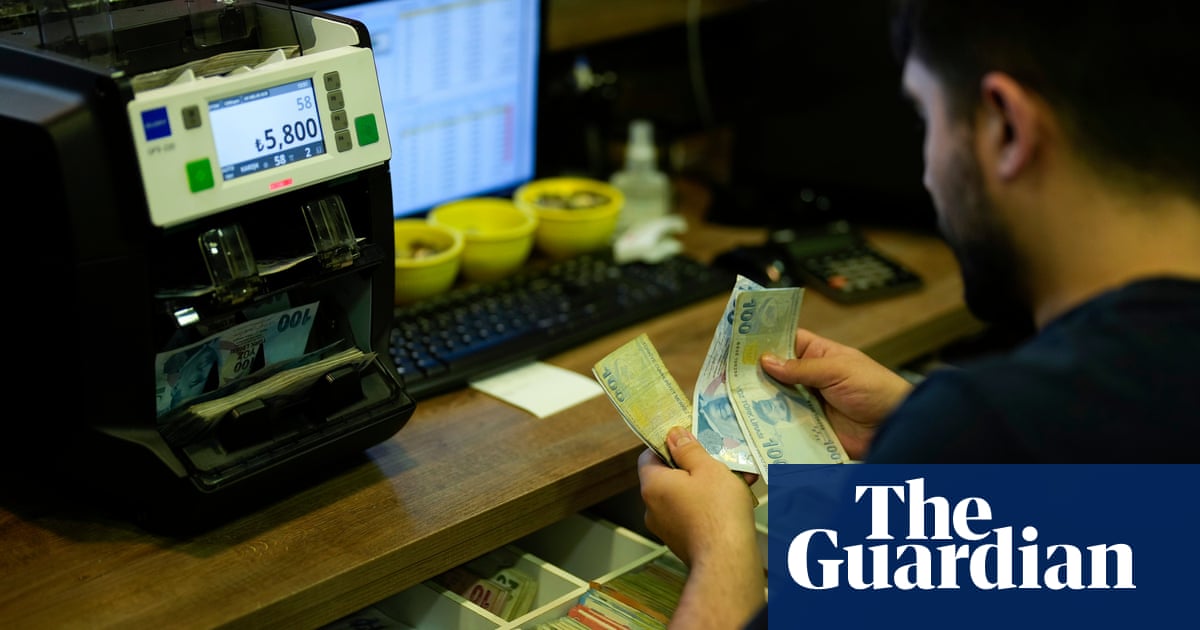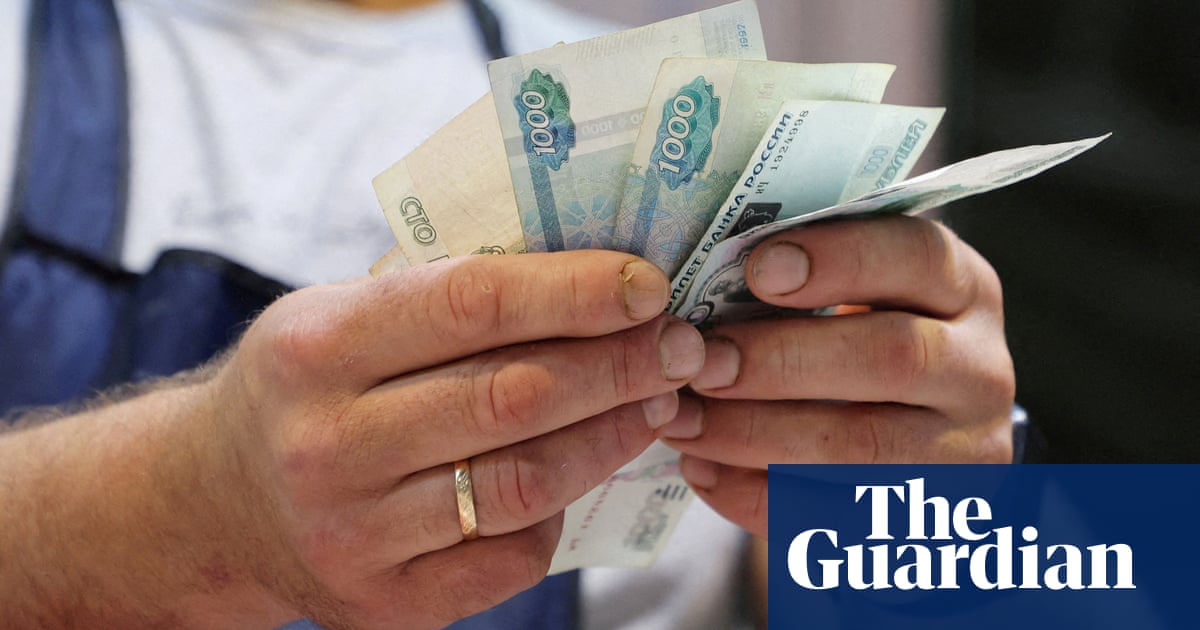
Turkey’s central bank unexpectedly raised interest rates to 50% on Thursday, citing a deteriorating inflation outlook and pledging to tighten further if it looks like inflation is significantly and persistently worsening.
The hawkish move came 10 days before local elections and was seen by analysts as a signal that the central bank was independent from any political constraints and determined to tackle price rises.
The lira rallied by as much as 1.5% to 31.91 against the dollar in response to the hike from the previous 45% rate, reversing weeks of steady declines in the Turkish currency, and Turkey’s dollar bonds extended a rally.
The bank has now raised its key one-week repo rate by 41.5 percentage points from 8.5% since last June, after Recep Tayyip Erdoğan’s victory in May presidential elections and U-turn towards greater orthodoxy in economic policy.
The “tight monetary stance will be maintained until a significant and sustained decline in the underlying trend of monthly inflation is observed, and inflation expectations converge to the projected forecast range”, the bank said.
Policy “will be tightened in case a significant and persistent deterioration in inflation is foreseen”, it added after the monthly meeting of its rate-setting monetary policy committee.
Piotr Matys, the senior FX analyst at InTouch Capital Markets in London, said the rate hike “stunned the market”, adding: “Today’s decision is a very strong signal that Governor [Fatih] Karahan, who took over from [Hafize Gaye] Erkan when she unexpectedly resigned, is determined to bring staggeringly high inflation under control.”
Inflation rose to a higher than expected 67% in February when the central bank had held rates steady after a sustained string of hikes since June.
Though inflation is expected to dip around mid-year, the recent lira slide coupled with declining foreign reserves had raised some expectations of more rate hikes ahead – though not until after municipal elections on 31 March in which Erdoğan’s AK party is hoping to win back key cities such as Istanbul.
Tighter fiscal policy is expected after the elections, adding to the rising credit costs and compounding economic pain for Turks after a years-long cost of living crisis.












